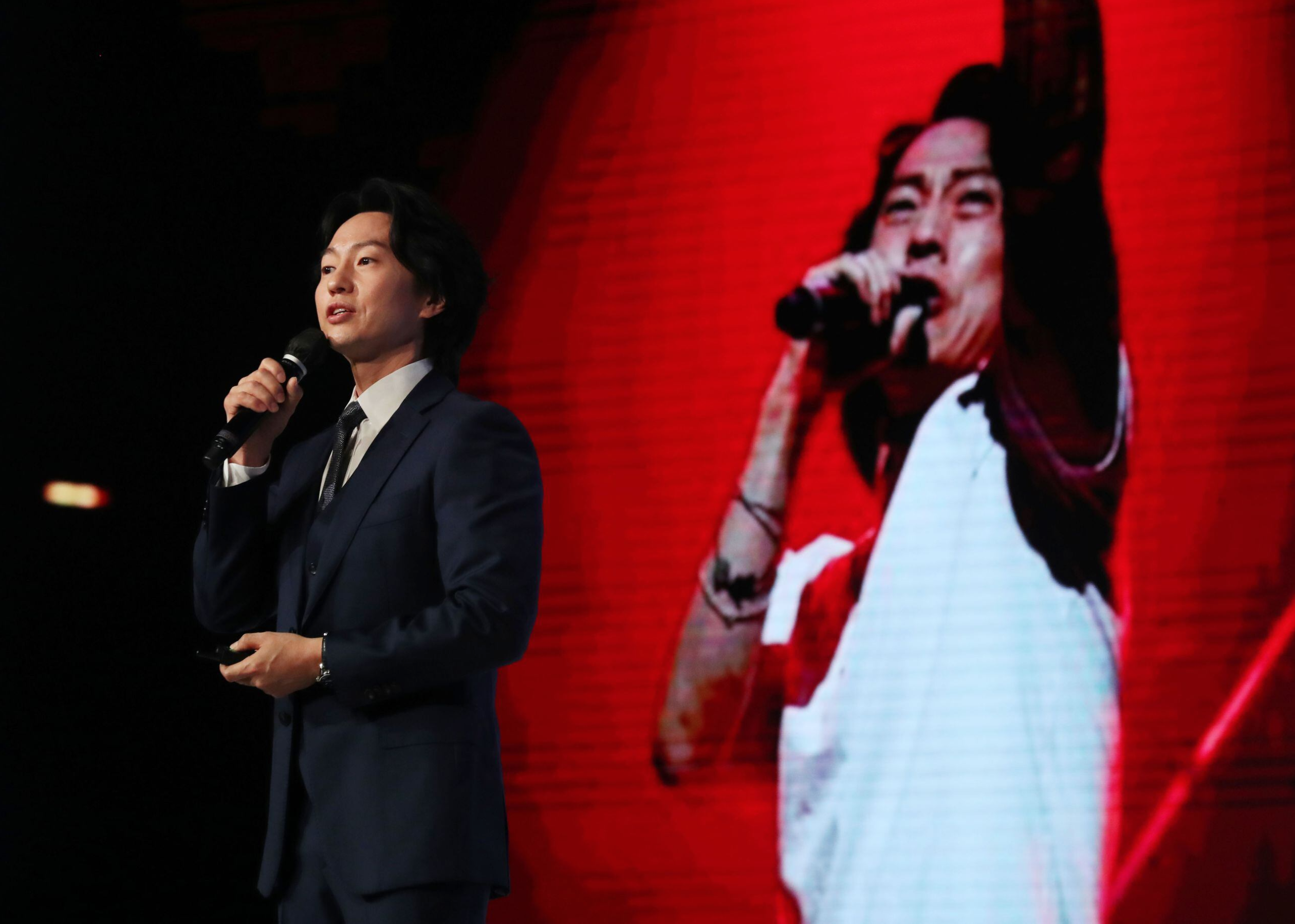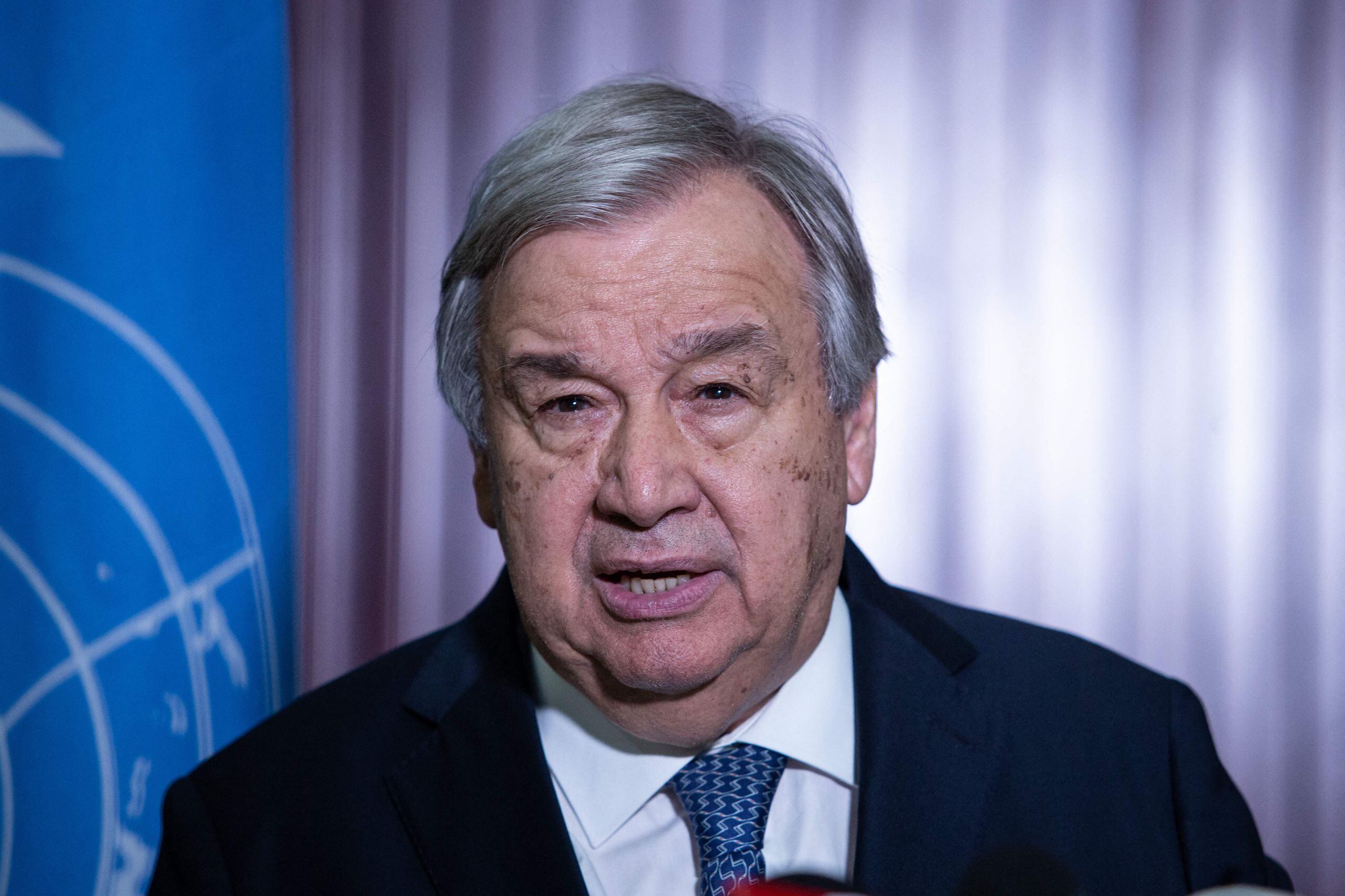How impactful is your organization’s leadership training?
by Nirva’ana Ella Delacruz
Dressed in what appears to be a white Chinese traditional tang suit, Dean Williams speaks with a tempered Australian accent – that sounds almost American – and sallied forth into an exposition of why prevailing conceptions about leadership are passé for an increasingly volatile and fast-changing global landscape. “Our framework for leadership is meant for an old world,” he said. I immediately received the impression that our speaker, with his straightforward and almost drill sergeant-like mien, knew what he was talking about, not from textbooks but from first-hand experience.
It was the first day of the Global Change Agents Program: Leadership for Social and Economic Renewal, held from April 19 – 21, 2018 the second such program held in the Philippines, and while I expected some smart and penetrating discussions from Williams, an adjunct professor at the Harvard Kennedy School of Government, where he chairs the Global Change Agents program, I wasn’t quite prepared to clap my hands over my mouth from laughing too loudly at the various comedies of leadership errors he encountered in his nearly two decades of developmental leadership work in countries like East Timor, Madagascar, Singapore, Nigeria, Myanmar, Australia, and the U.S., among others.
Stories were quite a potent mix of both historical and hysterical at once. Williams, who also led the World Leaders Interview Project at the Center for Public Leadership, shared seemingly mundane stories from his life such as interviewing the Dalai Lama with his then 10-year old daughter, shipping a bunch of straitlaced Bruneian bureaucrats into the untamed Brunei jungle for a week of survival training, as well as surviving a coup d’état attempt during his time as Chief Advisor to the President of Madagascar. Forget about academics being boring, if this guy’s life is made into a movie, I’ll be watching.
Williams is, undeniably, a truly global influencer and a seeker of original solutions, who makes the heavy lifting of initiating organizational and institutional change creative, fascinating, and, necessary.
As one member of a small group comprised of top level executives and leaders in politics, finance, business, and the non-profit sector, my mind was racing and intrigued by the idea that a position of power and authority does not necessarily equate to leadership. Another key learning that is probably the first great diagnostic work of leadership is ascertaining if you’re facing an adaptive challenge or a technical one. Knowing the difference is a pivotal point in reaching multilateral solutions that actually work.
All at once, the leader is called to be a psychologist, a mentor, a disruptor, a monk, an experimenter, an artist, an observer of human drama but above all, a lover of the highest good. Our speaker would often ask us: “Who are you being when you exercise leadership?” Probably without directly meaning to, Williams makes the case for adaptive leadership as all too real laboratory work for “becoming truly human,” because desiring purposeful change is a function of compassion.









